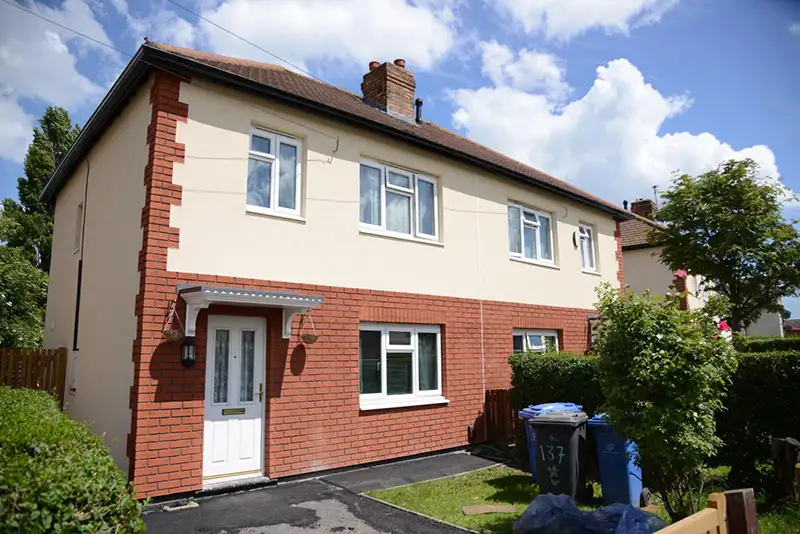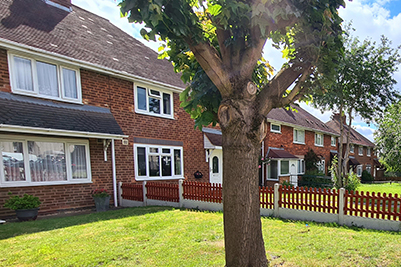Following the passage of the Social Housing Regulation Act which received Royal Assent on 21st July 2023, the Regulator of Social Housing (RSH) has launched its consultation on the proposed new consumer standards that will underpin the regulation of the sector from April 2024. The consultation will run for 12 weeks ending on Tuesday 17th October 2023
These new standards reflect the RSH’s expanded consumer regulation objective which now includes safety, transparency, and energy efficiency. Changes will strengthen the accountability of landlords for ensuring the quality and safety of their homes as well as driving greater landlord accountability to their tenants. There is also a much greater focus on transparency, organisational culture and giving tenants greater power to hold landlords to account.
Overview of the proposed new standards
- Safety and Quality Standard
- Replaces the existing Home Standard with a broader focus that explicitly includes safety.
- Landlords must have accurate up-to-date stock condition information and ensure their homes comply with ‘all relevant requirements’. This will require detailed knowledge based on a physical inspection of all homes at an individual property level.
- Properties must be maintained to at least the Decent Homes Standard (or its replacement) with effective systems to identify and tackle any non-decency where it occurs.
- Timescales will be introduced for acting on health and safety assessments.
- On repairs, maintenance, and planned improvement programmes there will be a greater emphasis on the outcome for tenants. Services must be ‘effective, efficient and timely.’
- On adaptations there is an expectation that registered providers assist tenants seeking adaptations to access appropriate services, with the objective of improving outcomes for tenants.
2.Transparency, Influence and Accountability Standard
- This aims to remove barriers for tenants in accessing their landlord and its services. It includes explicit requirements to treat tenants with fairness and respect so they can access services, make complaints, influence decision making and hold the landlord to account.
- Landlords must consider tenants’ diverse needs, using relevant information and data to inform and adapt their services, ensuring fair access to services and equitable outcomes for all tenants.
- There should be a number of routes and meaningful opportunities for tenants to influence and scrutinise strategies, policies and services.
- Landlords need to make effective use of the information they get from engagement, taking tenants views into account in their decision making.
- Landlords must identify a dedicated person responsible for complying with the consumer standards.
- Where a significant change in management arrangements is proposed, the landlord must consult meaningfully with tenants on the actual or potential advantages and disadvantages, including costs, in both the immediate and longer-term.
- Neighbourhood and Community Standard
- Sets out expectations in relation to ‘shared spaces’.
- Landlords are expected to work co-operatively with other organisations to resolve issues affecting the upkeep and safety of neighbourhoods in which tenants live.
- Landlords are required to have set out their approach to deterring and tackling hate crime incidents.
- Landlords are required to have clear policies to support tenants affected by anti-social behaviour and domestic abuse, working with other agencies as appropriate.
- Tenancy Standard
- Sets out requirements on lettings, tenancy sustainment and evictions. Arrangements must be fair and transparent throughout.
- Registered providers are expected to assist local authorities to meet homelessness duties, e.g. nomination agreement obligations.
- Adapted homes should be allocated to meet needs compatible with the purpose of the housing.


